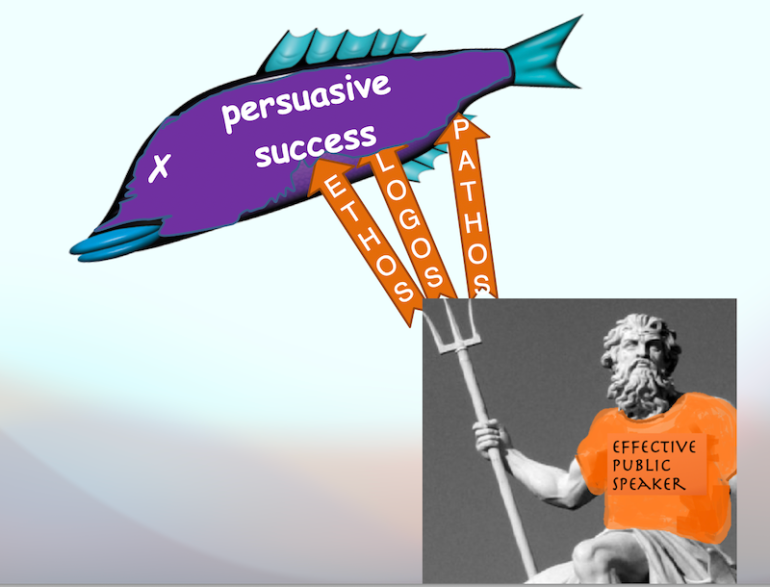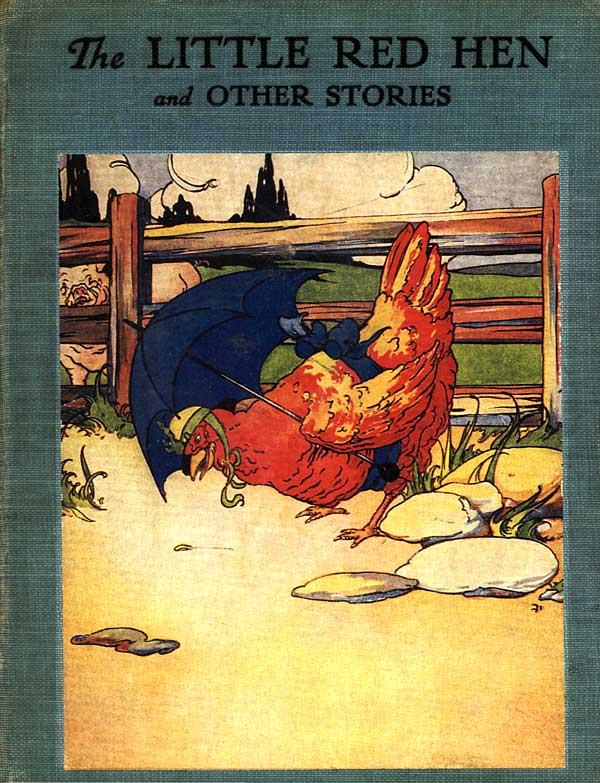[Mrs Tabitha Twitchit being affronted in Beatrix Potter’s The Tale of Tom Kitten]
Exposing oneself to schooly stuff at this – let’s face it – advanced stage of the game seems to generate an unexpected amount of sighing and wincing, as the realisation of youthful opportunities missed repeatedly hits home.
One example of this arose from our discussion of the convention, in playscripts, of stage directions indicating aspects of a character’s portrayal with the use of adverbs, e.g.
Jack. [Very seriously.] Yes, Lady Bracknell. I was in a hand-bag— a somewhat large, black leather hand-bag, with handles to it— an ordinary hand-bag in fact.
A fellow-student then happened to remark that her granddaughter was being taught fronted adverbials. “You what?” we all naturally said. Well, it seems a fronted adverbial is an adverb or adverbial phrase used to set the scene at the beginning of a sentence. Dismayingly, none of us could remember being taught this at school (though now I’ve grasped it, I just popped one in there. Way to go!). This led to a self-chastisement session in which a shocking range of ungrasped academic skills was disclosed. Even more dismaying was the fact that the granddaughter is six.
Still, a useful lesson emerged. It’s vital in your GCSE English Language writing to start strong; the odd fronted adverbial at least demonstrates you have more than one tool in your bag. But, as with all techniques, don’t overdo it. (My own fondness for the rhetorical question led to the needlessly harsh feedback that reading my essay was like being under interrogation.)
Anyway. Homework was to find examples of effective opening words. What works well for the pros? Hmm. Despite my rhetorical questions being considered ham-fisted, Dickens gets away with it in the opening to The Mystery of Edwin Drood:
An ancient English Cathedral Tower?
Another potentially arresting opening technique is the high-handed command, e.g. Kipling’s bold assumption in ‘Bubbling Well Road’ that we’ll rush to get out our Kashmir district half-inch-to-a-mile:
Look out on a large scale map the place where the Chenab river falls into the Indus fifteen miles or so above the hamlet of Chachuran.
Or the more refined jussive subjunctive of Trollope in The Way We Live Now –
Let the reader be introduced to Lady Carbury, upon whose character and doings much will depend of whatever interest these pages may have
– which also uses the technique, beloved by examiners, so we are told, of overtly acknowledging the reader. You can also make explicit reference to your writing process, as Doyle’s Watson often does:
When I glance over my notes and records of the Sherlock Holmes cases between the years ’82 and ’90
Or, like Hilary Mantel at the beginning of Bring up the Bodies, you can be downright disorientating:
His children are falling from the sky.
So – it seems you can do what you damn well like.
My own preferred method of waking an examiner up is to use the neologism, a concept thoughtfully defined by a member of Urban Dictionary‘s community as “The promotion of which is the sole purpose of urbandictionary’s existence.”
If it’s good enough for Thomas Hardy (“illimited”, “betumble”), e e cummings (“onetwothreefourfive pigeonsjustlikethat”), S J Perelman (“goodylicious” – which he came up with back in 1958) and of course Shakespeare (“dwindle”, “gnarled”, “lacklustre”), it’s surely an acceptable way to please the examiners and show “artful and self-conscious use of language for impact”, as the mark scheme says.
A simple method is to stick the letter ‘y’ onto pretty much anything you like, to create a word that’s the perfect fit. For example, this is a very Englishy blog. Comedian Rich Hall in “Stabby Bits” (Things Snowball, 2002) describes the technique as both “succinct” and “judicious”. And as the populariser of the sniglet, he should know.
This is a risky gambit, however, and one all too likely to fall foul of the exam board’s hair-trigger pouncing on anything resembling a spelling mistake. And after all, if it’s brand new, is it English?












